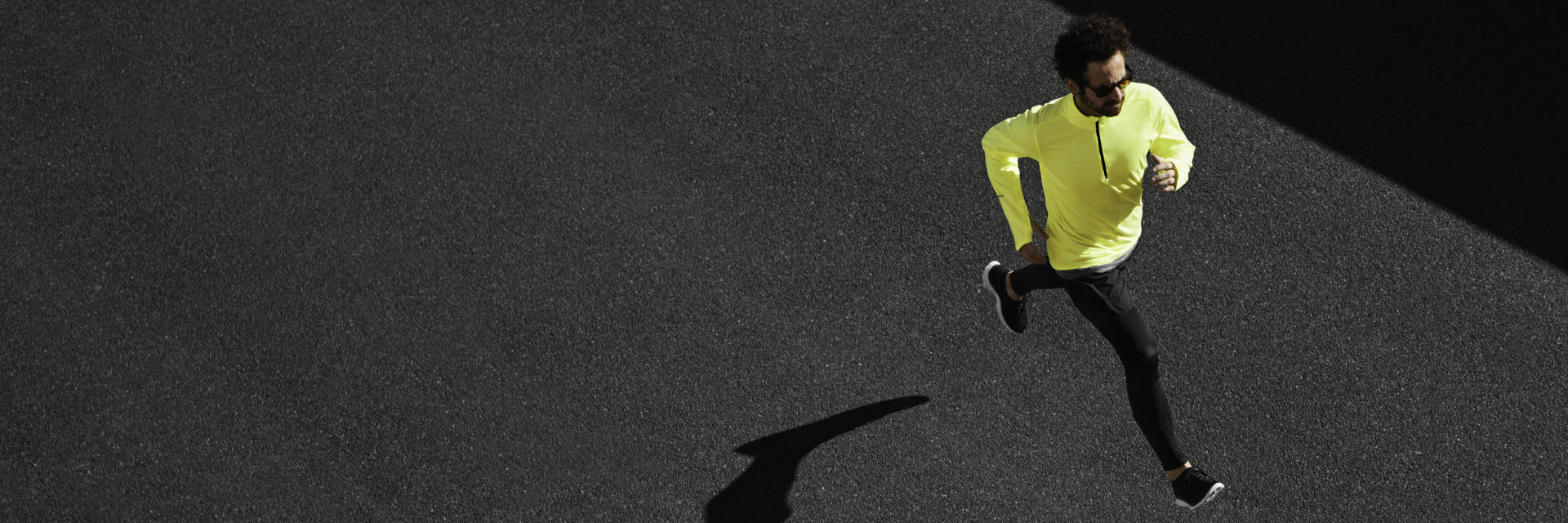
Kudos to the older athlete who works to keep the body in shape and continues with their beloved sport into the senior years. Not many people are willing or able to push on with sports like that. They throw in the towel years before either due to aches and pains, or maybe the demands of life get in the way. For those who press on, good for you. Just make sure you take care of your body.
No Age Limit on Sports Hernia
Sports hernias are most common among athletes between the ages of 24-40. Even though teenagers and people over 50 are less likely to get this painful condition, it is possible. Most of the reasons why one may develop in the first place are the same at all ages.
How the Sports Hernia Develops
Usually a sports hernia is likely to occur when there is a weak spot in a muscle. A rapid repetitive change in direction during the activity or playing the game can stress the muscle and cause a tear. Weakness and pain are the resulting symptoms. A sharp pain may strike in the lower abdomen or it may be felt in the thigh or groin area.
This pain will increase any time you participate in the activity or sport. You may feel it when you are exercising. Laughing, coughing or sneezing will also cause pain in this area. Even though resting will help the pain go away, when you resume activities involving those muscles, the pain will return.
The Older You Are
Even if you are a senior athlete in good shape and have been active most or all your life, your body is still affected by the aging process. You have used your muscles well and though they are strong, they have still been stretched by years of usage and they are not as strong as they were in your youth.
If you are a senior athlete who has not used your muscles that often, your abdominals are even more vulnerable to developing a hernia. Even regular exercise can tear the abdominal muscles in an older person who is not used to being active.
Hernia Prevention for the Older Athlete
Anyone who participates in exercises, sports or athletic activities needs to begin with a warmup routine of stretches. Gently stretching the muscles before activity helps them warm up and stay elastic. Another preventive measure is to maintain a strong core. Keeping those muscles as healthy and as strong a possible reduces the risk for developing a hernia.
Keeping your muscles healthy includes not only physical exercise, but also eating nutritious foods. You must maintain a healthy weight and avoid smoking. Get your annual checkup to make sure you are in good shape. When you must lift heavy objects, always do it correctly and lift with the legs.
If you do experience pain in the lower abdomen or in the groin area, it is important to seek medical care. At Core Surgical, you can trust the doctors that professional athletes trust. We are the experts on sports hernia. Contact us for exceptional hernia care.
Posted on behalf of
133 E 58th St Suite 703
New York, NY 10022
Phone: (212) 628-8771
Email: frontdesk@coresurgicalmd.com
Monday - Thursday: 9:00AM to 5:00PMFriday: 9:00AM to 4:00PM
Saturday - Sunday: Closed
